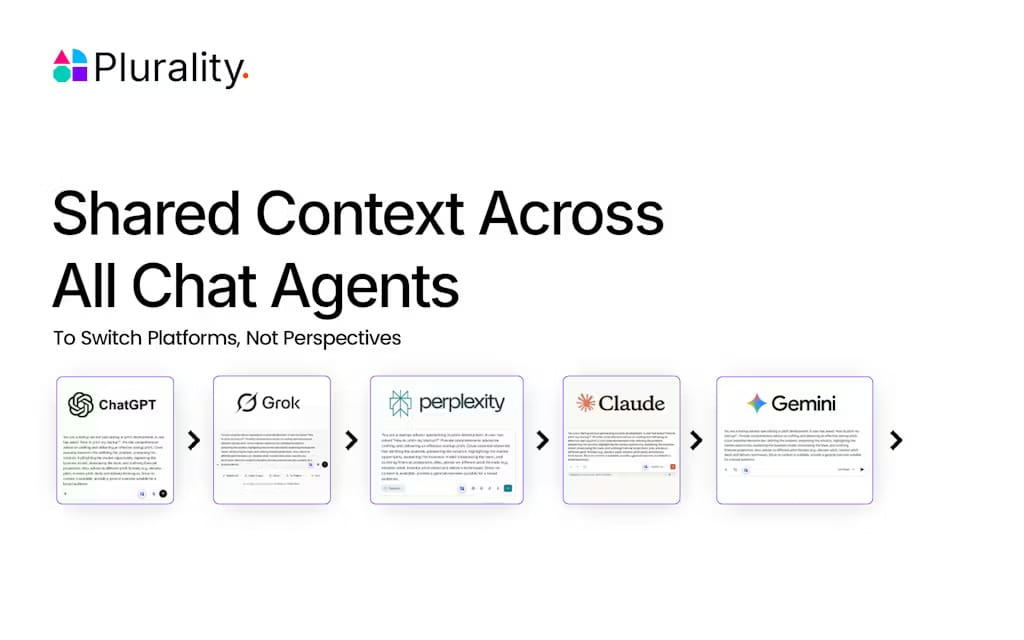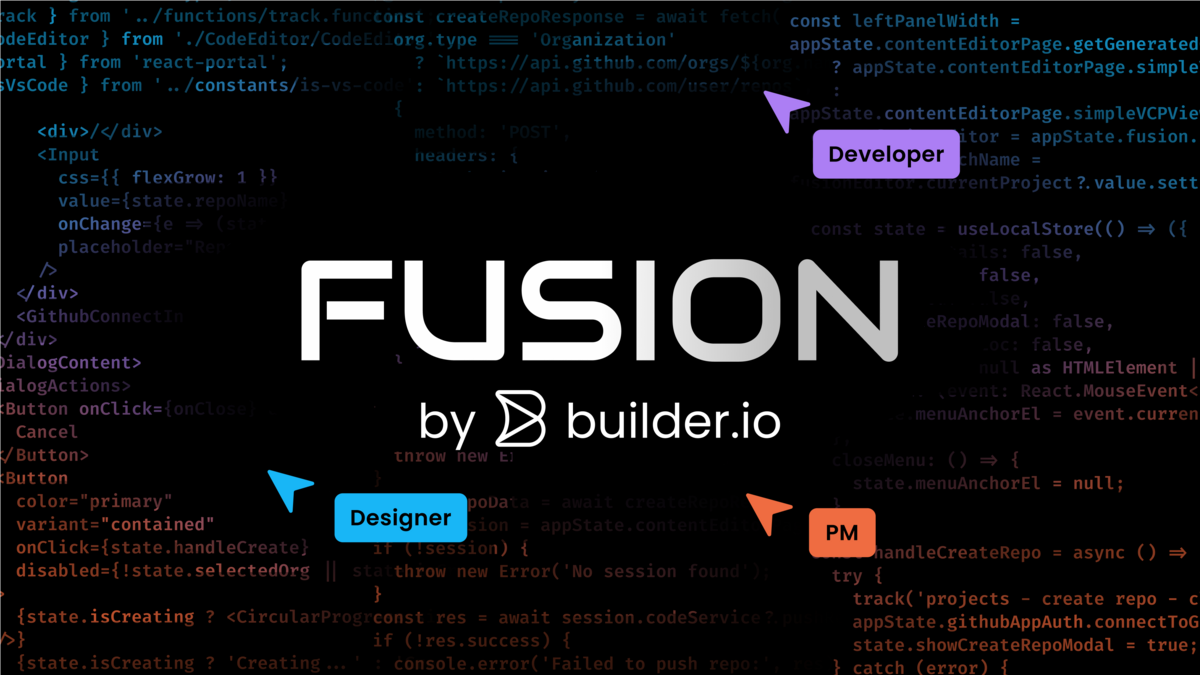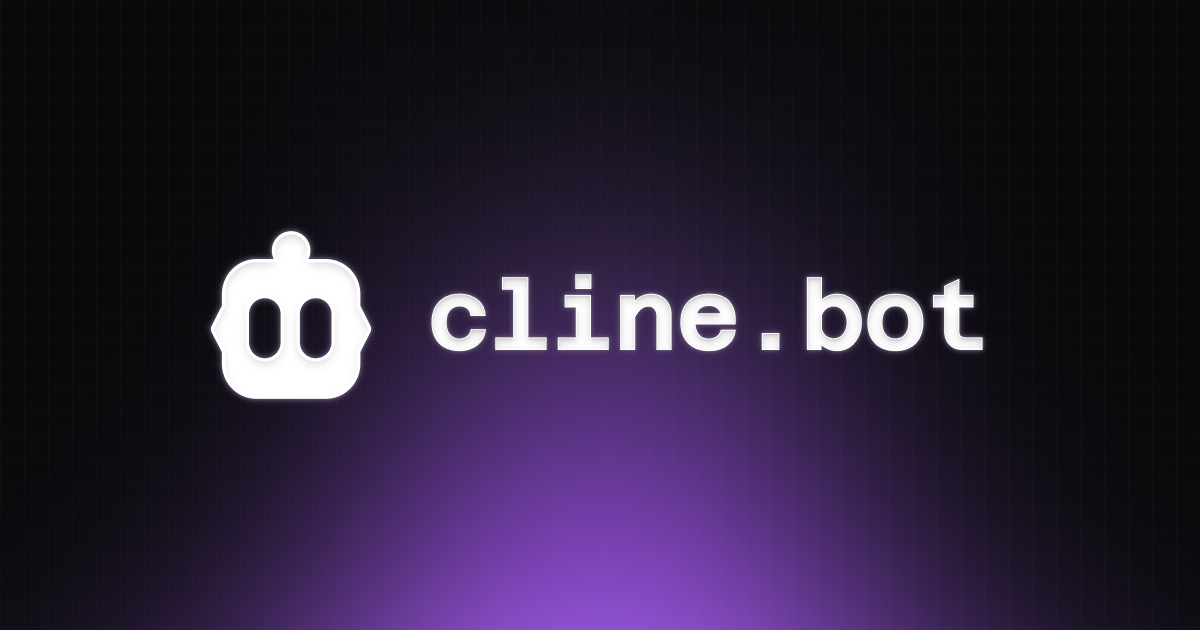Good morning. It’s Monday, November 10th.
On this day in tech history: In 1976, Carnegie Mellon’s Hearsay-II pioneered the blackboard architecture for speech recognition, letting multiple specialist modules collaborate through a shared workspace. It never reached consumers, yet its multi-agent design shaped distributed AI, robotics, and modern ensemble or multi-module perception systems.
In today’s email:
OpenAI rolls out GPT-5-Codex-Mini
Anthropic eyes $70 billion revenue by 2028
DeepSeek says we’re in an AI “honeymoon phase,” and a labor shock is coming
5 New AI Tools
Latest AI Research Papers
You read. We listen. Let us know what you think by replying to this email.
In partnership with WorkOS
Enterprise customers expect more than a login screen. They demand SSO, directory sync, granular permissions, and detailed audit logs, all built to strict compliance standards.
WorkOS gives growing teams these enterprise foundations without slowing development:
- Modular APIs for authentication and access control
- A hosted Admin Portal that simplifies customer setup
- Built-in security and compliance features enterprises require
Trusted by OpenAI, Cursor, and Vercel, WorkOS powers auth, identity, and security for AI products across the industry. Your first million MAUs are free.
Start building with WorkOS today →
Thank you for supporting our sponsors!

Today’s trending AI news stories
OpenAI rolls out GPT-5-Codex-Mini with 4x usage and near-full coding power
OpenAI has launched GPT-5-Codex-Mini, a cost-efficient variant of its Codex model that delivers roughly four times the usage of GPT-5-Codex with near-parity in coding performance. Available via CLI and IDE extension, with API support coming soon, the model automatically prompts switching when usage hits 90 percent of limits. Efficiency upgrades across GPUs enhance throughput, while ChatGPT Plus, Business, and Edu users gain 50 percent higher rate limits; Pro and Enterprise clients receive priority processing.
Despite these advancements, OpenAI cautions that AI progress is largely invisible to routine work. Current models outperform humans in complex tasks such as advanced math and coding competitions, with a 40-fold annual decline in “price per intelligence unit.” Models remain “spikey” and inconsistent, with modest breakthroughs expected by 2026 and transformative advances by 2028. OpenAI emphasizes global oversight and a shared “AI resilience ecosystem” to mitigate potential risks from future superintelligent systems.
Reproducibility challenges persist. OpenAI developer “Roon” explains that GPT-4o cannot maintain a fixed “personality” due to stochastic elements in reinforcement learning and weight optimization, producing subtle variations across runs. OpenAI actively manages these drifts for consistency in popular variants like the earlier “sycophancy” GPT-4o.
A recent letter from OpenAI addressed to the White House outlined the company’s request for federal support. The company requested that the Advanced Manufacturing Investment Credit under the Chips Act cover AI servers, data centers, and grid components, arguing that broader coverage would lower capital costs, de-risk investments, and unlock private funding. It also called for accelerated permitting, environmental reviews, and strategic reserves of critical materials. CEO Sam Altman later clarified that OpenAI is not seeking government guarantees, projecting $20 billion in 2025 revenue and $1.4 trillion in eight-year capital commitments.

If you don’t specify broader coverage, the ChatGPT API tends to rely on non-journalistic sources such as encyclopedias, whereas the web interface predominantly cites journalistic outlets. | Image: Schatto-Eckrodt et al.
Privacy and safety remain critical concerns. A ChatGPT URL routing bug exposed sensitive user prompts in Google Search Console; OpenAI confirmed a fix but has not clarified full remediation. ChatGPT’s news recommendations also vary by interface. The web favors licensed mainstream media, whereas the API leans on encyclopedias and niche sites, occasionally surfacing biased or fictitious domains. GPT-4o safety flaws have also prompted seven new lawsuits alleging the model reinforced harmful delusions. Read more.
Anthropic eyes $70 billion revenue by 2028, doubles down on European expansion
Anthropic is targeting a remarkable revenue surge, projecting growth from $4.7 billion in 2025 to $70 billion by 2028. The company expects year-over-year growth of 223 percent in 2026, 156 percent in 2027, and 80 percent in 2028. Driving this expansion will be improved gross margins, rising from negative 94 percent in 2024 to 50 percent in 2025 and 77 percent by 2028 for paying users. The core revenue engine remains API access and enterprise applications, projected to account for over 80 percent of revenue, with Claude Code expected to generate $1 billion annually.

Revenue would need to more than double in 2026 and 2027, with around 80% growth projected for 2028. | Image: The Decoder
To support this global scaling, Anthropic is expanding its European presence with new offices in Paris and Munich, complementing hubs in London, Dublin, and Zurich. EMEA revenue has grown more than ninefold in the past year, with large enterprise accounts, each exceeding $100,000 in run-rate revenue, rising over tenfold. The company has also tripled its regional headcount, with leadership appointments including Pip White for Northern EMEA and Thomas Remy for Southern EMEA.
The new offices will serve as centers for commercial operations, policy collaboration, and strategic partnerships. Read more.
China’s DeepSeek says we’re in an AI “honeymoon phase,” and a labor shock is coming
Chinese AI start-up DeepSeek made a rare public statement at the World Internet Conference in Wuzhen, signaling both its ambitious AGI drive and the societal risks it entails. Represented by senior researcher Chen Deli for CEO Liang Wenfeng, the Hangzhou-based firm reiterated its long-term focus on artificial general intelligence while warning that rapid automation could trigger significant job displacement. Chen described AI’s current state as a “honeymoon phase” for human-machine interaction, but cautioned that the labor impact will grow as systems mature.

Image: Geopolitechs
This marks DeepSeek’s second public engagement in months, following a September panel on AI governance led by head of AI ethics Wu Shaoqing. Analysts say the company’s dual focus on leading-edge development and ethical foresight mirrors a broader pattern among China’s “six little dragons” of AI, to balance aggressive development with cautionary oversight. Read more.


5 new AI-powered tools from around the web

arXiv is a free online library where researchers share pre-publication papers.

Thank you for reading today’s edition.

Your feedback is valuable. Respond to this email and tell us how you think we could add more value to this newsletter.
Interested in reaching smart readers like you? To become an AI Breakfast sponsor, reply to this email or DM us on 𝕏!







